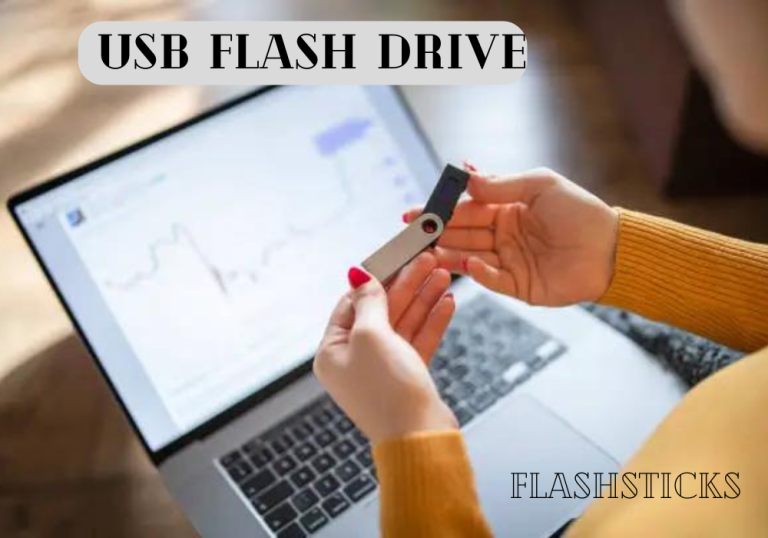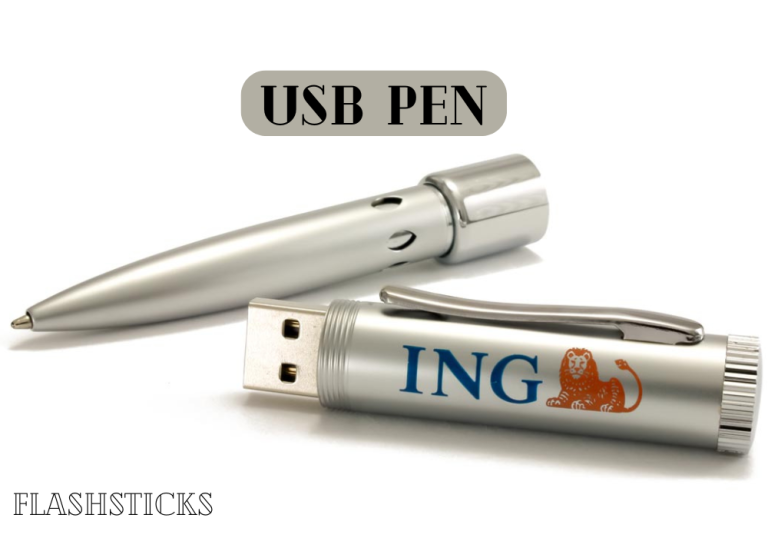What is a USB hard drive?
“In today’s digital world, data storage is a fundamental need for both personal and professional use. One of the most convenient and popular storage solutions is the USB hard drive. But what exactly is a USB hard drive, and what makes it different from other storage devices? This comprehensive guide will answer all your questions while providing valuable insights and tips on choosing and using USB hard drives.
Understanding USB Hard Drives
A USB hard drive, also known as an external hard drive, is a portable storage device that connects to a computer via a USB port. It offers a way to store and transfer large amounts of data easily. Unlike internal hard drives, USB hard drives are external and can be carried from one location to another, making them ideal for backing up data, transferring files, and storing large media files.
Benefits of Using a USB Hard Drive
- Portability: USB hard drives are compact and lightweight, making them easy to carry around.
- Storage Capacity: They come in various storage capacities, ranging from a few hundred gigabytes to several terabytes.
- Plug and Play: Most USB hard drives require no additional software; simply plug them into a USB port and start using them.
- Data Security: They can be used for backing up essential files, providing a secondary storage solution to protect against data loss.
- Versatility: Compatible with various operating systems including Windows, Mac, and Linux.
Types of USB Hard Drives
- HDD (Hard Disk Drive): Traditional USB hard drives that use spinning disks to read and write data. They are typically more affordable and offer larger storage capacities.
- SSD (Solid State Drive): Modern USB hard drives that use flash memory to store data. They are faster, more durable, and more energy-efficient but come at a higher price point.
How to Choose the Right USB Hard Drive
Selecting the right USB hard drive depends on several factors:
| Factor | Consideration |
|---|---|
| Storage Capacity | Determine your storage needs; larger capacities are better for extensive media libraries and backups. |
| Speed | SSDs offer faster read/write speeds compared to HDDs. |
| Durability | SSDs are more resistant to physical shock compared to HDDs. |
| Budget | HDDs are generally cheaper; SSDs are more expensive but offer superior performance. |
| Brand | Research reputable brands that offer warranties and customer support. |
Practical Tips for Using USB Hard Drives
- Frequent Backups: Regularly back up important files to your USB hard drive to prevent data loss.
- Safely Eject: Always use the “Safely Eject” option before removing the drive to prevent data corruption.
- Organize Files: Keep files and folders organized to find what you need quickly and efficiently.
- Encryption: Use encryption tools to secure sensitive data stored on your USB hard drive.
- Regular Scans: Perform regular antivirus scans to ensure your USB hard drive remains free from malware.
Conclusion
a USB hard drive is a versatile and convenient storage solution for anyone who needs portable, large-capacity storage. Whether you opt for a traditional HDD or a faster SSD, selecting the right USB hard drive depends on your individual needs, budget, and intended usage. With the added benefits of portability, easy setup, and compatibility with various devices, USB hard drives provide an indispensable tool for data storage and backup. Always consider factors such as storage capacity, speed, durability, and cost when making your choice, and follow best practices to ensure that your digital data remains safe and secure.
“`







